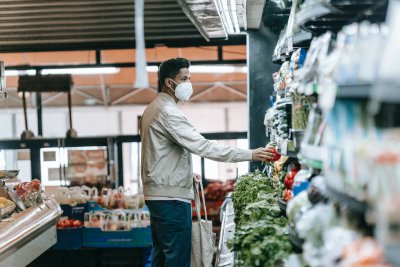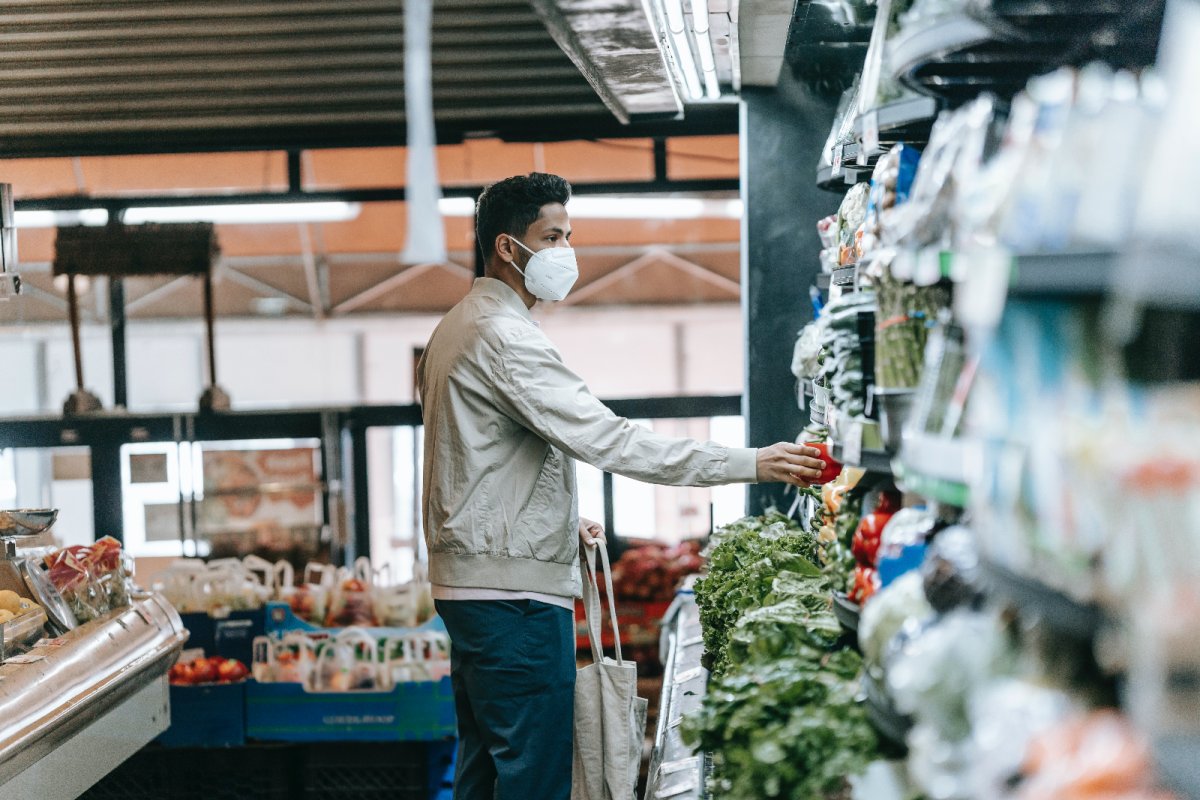 supermarket shop. Credit: Michael Burrows/Pexels
supermarket shop. Credit: Michael Burrows/Pexels

The review of the Groceries Code Adjudicator must not lead to its abolishment or weakening
The Government has opened its three yearly review of the Groceries Code Adjudicator (GCA), which was set up in 2013 to ensure fair play by the top retailers. This review gives options to abolish the GCA or merge it with The Competition and Markets Authority (CMA). Neither option is right.
The Department for Business, Energy and Industrial Strategy (BEIS) review of the GCA opened on the 9th July and ends 22nd October.
Evidence shows that over many years, abusive practices by the multiple retailers and the supply chain (see below) can hurt farm businesses and reduce consumer choice. The original 2008 Inquiry report that led to the creation of the Groceries Code Adjudicator, and legally binding Code of Practice in 2013, ran to 269 pages with hundreds more pages of evidence.
The GCA has made a difference over the past decade, helping supermarkets treat suppliers better and stopping Code breaches. But a recent annual supplier survey by the GCA revealed problems are growing again as the top 14 retailers squeeze suppliers hard. A backwards slide on fairness occured for the first time and this needs to be addressed. Abuse stops farmers and growers from being able to innovate, invest in sustainable and higher welfare approaches, and it harms consumer food choice and quality.
We and others (including the farming unions) are hugely concerned to see that the UK Government may choose to scrap the Groceries Code Adjudicator (GCA) or place its remit somewhere within the Competition and Markets Authority (CMA).
TAKE ACTION – if you are a supplier or know a supplier to the big 14 (which now includes Amazon.com), please do respond to the consultation. You can also respond as a consumer. Please do submit something to the consultation asking for the GCA to be retained. We need many people responding.
We would like to see a firm commitment that the Government will maintain the GCA as an independent body to create a fairer market for food producers as they do a detailed, complicated, often confidential job not possible within the CMA. Its costs are borne by a levy on the 14 retailers and its work, in ensuring retailers abide by the Code of Practice, has had no discernable impact on consumer prices.
Food producers experience a swathe of unfair trading practices and bullying. We regularly hear that last minute cancellations, unexplained fees on invoices, and other poor practices are common experiences that leave them financially vulnerable.
This is at a time when producers are facing multiple economic and climate-related pressures, with the cost of production high, and a volatile global market creating too much uncertainty.
The GCA needs more resources to be able to provide adequate regulation and enforcement and to undertake research on areas of concern. By scrapping the regulatory body, the UK Government will be putting food producers and consumer choice at greater risk at the worst possible time. Therefore, it is important that the GCA is continued and enhanced.
Wider supply chain regulation is also needed to cover buyers in between retailer and farmer and the food manufacturing and food service sector. The Agriculture Act 2020 included a provision to set up legally binding fair dealing codes for the supply chain between farmer and retailer - to remove abusive practices - but these have not yet been implemented (though dairy and pork have been consulted on) or an enforcer appointed/created. We need that to come into existence now.
Ways that supermarkets squeeze suppliers
- Variation of supply agreements and terms of supply.
- Unjustified charges for consumer complaints.
- Obligation to contribute to marketing costs.
- Delay in payments.
- No compensation for forecasting errors.
- Payment as a condition of being a supplier.
- Not applying due care when ordering promotions.
- Not meeting duties in relation to de-listing.
- Variation of supply chain procedures.
- Paymant for wastage.
- Payment for better positioning of goods.
- Payment for shrinkage.
- Tying of thuird party goods and services to payment.
Sustainable Farming Campaign: Pushing for the integration of sustainable farming into local, regional and national government policies.
Sustain
The Green House
244-254 Cambridge Heath Road
London E2 9DA
020 3559 6777
sustain@sustainweb.org
Sustain advocates food and agriculture policies and practices that enhance the health and welfare of people and animals, improve the working and living environment, promote equity and enrich society and culture.
© Sustain 2026
Registered charity (no. 1018643)
Data privacy & cookies
Icons by Icons8







